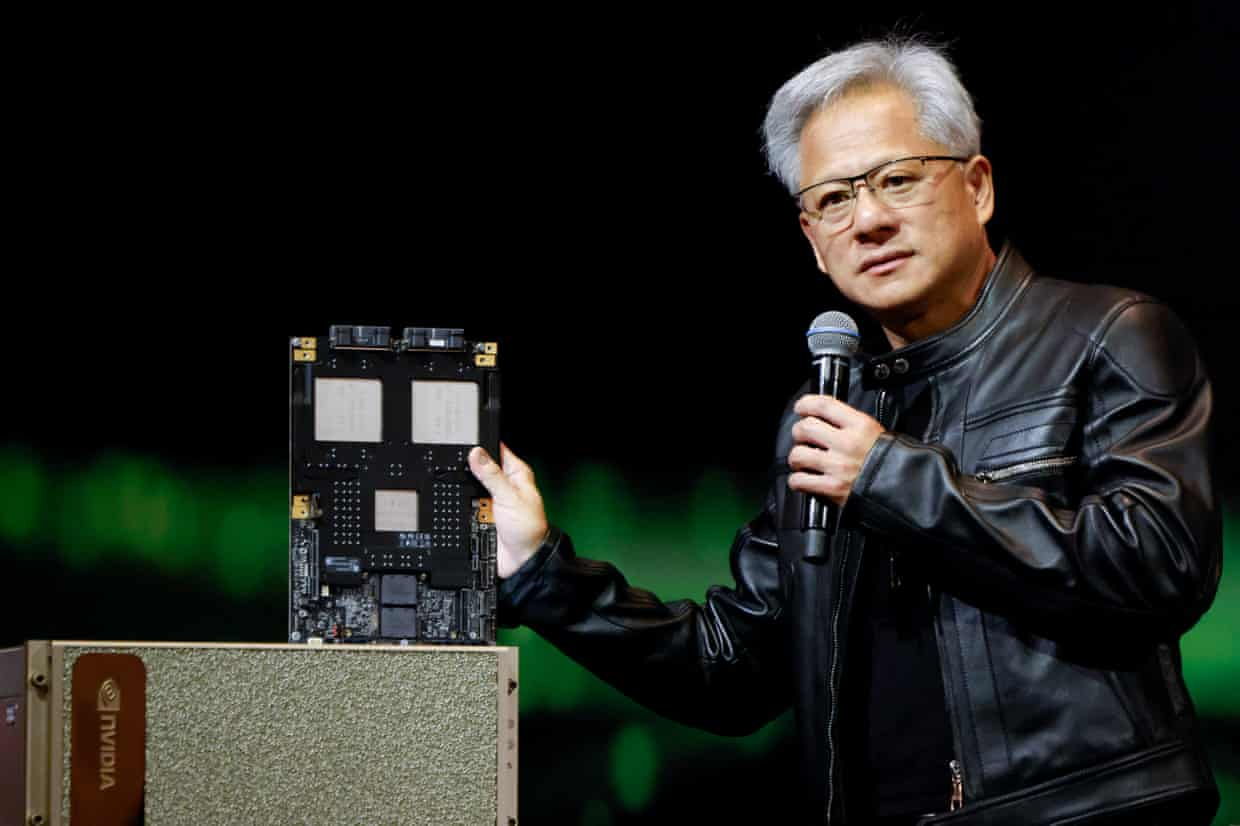US Chip Export Controls a ‘Failure’, Says Nvidia CEO Jensen Huang

Comments come amid escalating tensions between Washington and Beijing over tech trade restrictions.
Nvidia CEO Jensen Huang has called US export restrictions on advanced chips to China a “failure,” arguing they have inadvertently accelerated technological development in China rather than curbing it.
Speaking at the Computex tech forum in Taipei on Wednesday, Huang said the restrictions had emboldened Chinese tech firms by giving them “the spirit, the energy, and the government support to accelerate their development.”
“The local companies are very, very talented and very determined,” Huang told reporters. “I think, all in all, the export control was a failure.”
His remarks come as Beijing condemned the US for what it called “unilateral bullying and protectionism,” after Washington issued fresh warnings to other countries about using Chinese-made AI technology.
The US has imposed multiple rounds of export restrictions in recent years, aimed at limiting China’s access to high-end semiconductors—especially those used for artificial intelligence and military applications. However, Huang noted that China now hosts 50% of the world’s AI researchers and excels in software innovation, underlining the nation’s resilience.
Nvidia, a key player in the global GPU market, has been hit hard by the sanctions. The company has reportedly written off “billions of dollars” in sales, and its share of China’s AI chip market has plummeted from nearly 95% at the start of the Biden administration to just 50%.
In a sign of ongoing engagement, Huang made an unannounced trip to Beijing last month, where he reportedly met with Liang Wenfeng, founder of AI startup DeepSeek, and senior officials at the China Council for the Promotion of International Trade.
The visit followed new US restrictions targeting Nvidia’s H20 data center GPU—a lower-powered model created to comply with previous regulations. The US argued the updated rules were necessary to prevent the chips from being used in, or diverted to, Chinese supercomputers.
According to the Financial Times, Huang’s meeting in Beijing focused on designing new chips that could avoid triggering US sanctions.
Meanwhile, tensions escalated further last week when the US eased some chip sales restrictions but simultaneously introduced new guidelines for allies. Washington warned that purchasing Chinese-made AI chips—particularly Huawei’s Ascend series—could breach existing export controls.
China’s Ministry of Commerce pushed back on Wednesday, saying the US actions “seriously undermine the stability of the global semiconductor industry and supply chains.”
In a pointed statement, the ministry added: “Any organisation or individual that enforces or assists in enforcing such measures may be violating Chinese law.”
